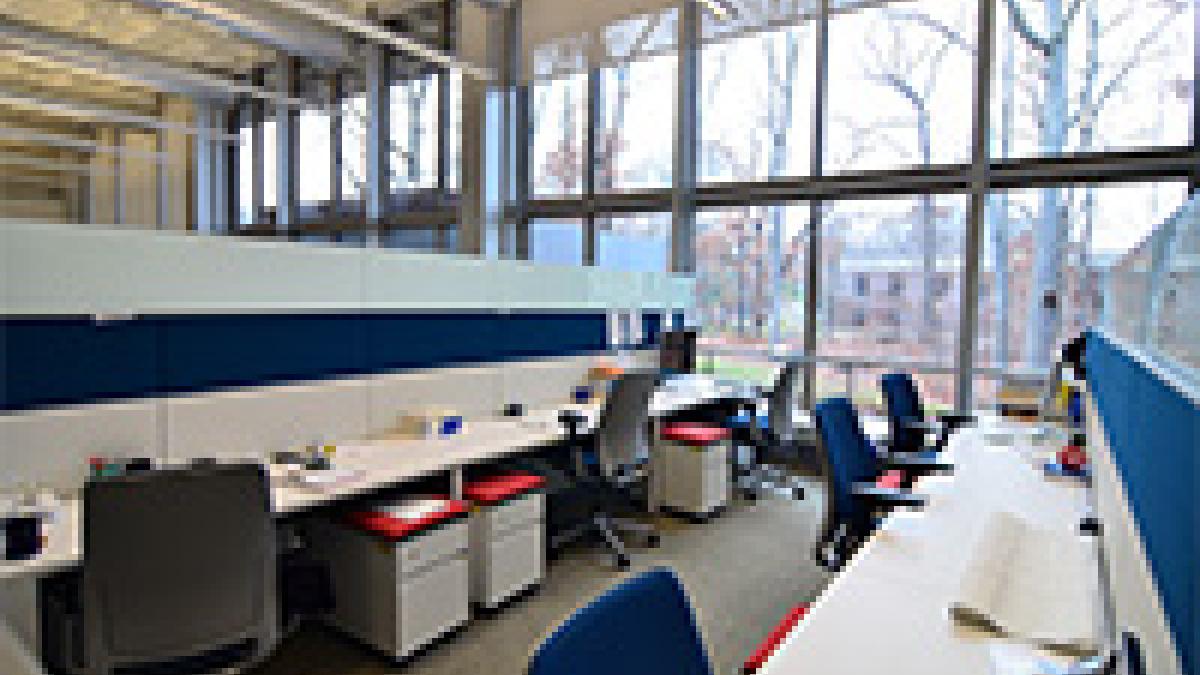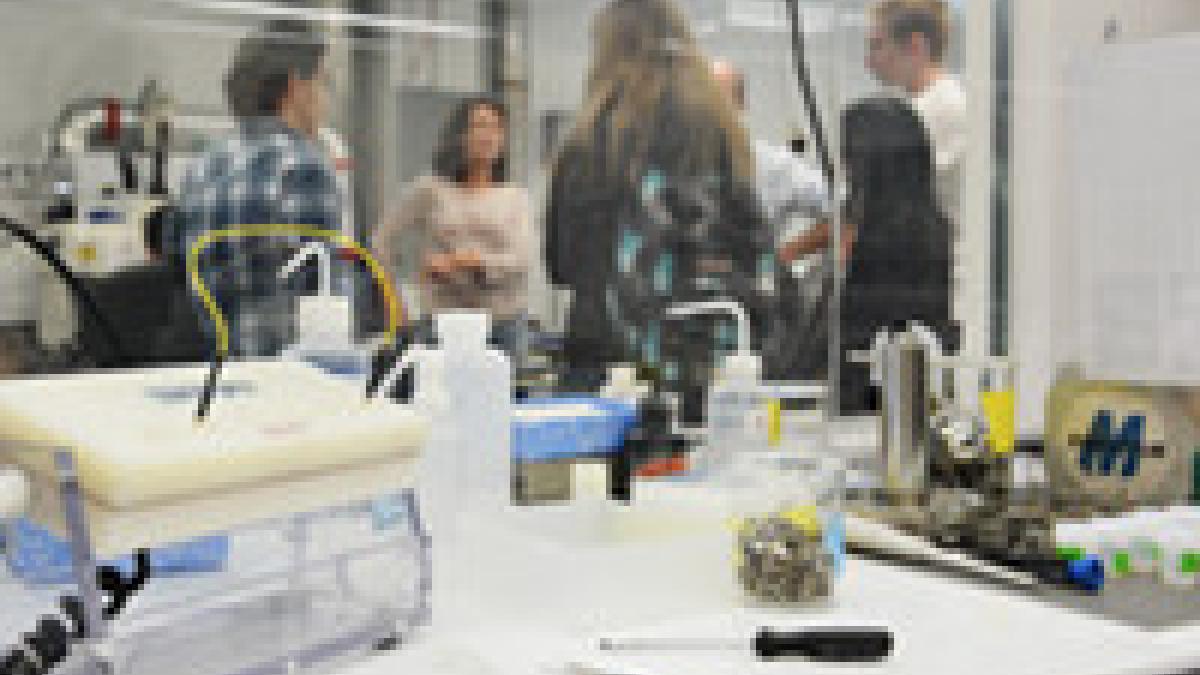High Performance Computing
Stony Brook University offers researchers a variety of high-performance computing resources designed to meet the specific demands of their projects.
The SeaWulf HPC Site Has Moved
All HPC related resources are now hosted within the broader Research Computing and Innovation (RCI) site.
To access the latest resources and information, please update your bookmarks and visit the HPC website.
Partners

The mission of the IACS is to make sustained advances in the fundamental techniques of computation and in high-impact applications with a vision that it will be an internationally-recognized institute having vibrant multidisciplinary research and education programs with demonstrated economic benefit to New York State. Including students and staff, the IACS aims to grow close to 100 people in the near future. There are presently 10 faculty spanning chemistry, materials by design, condensed matter, astrophysics, atmospheric science, nano-science, sociology, applied mathematics, and computer science. Another approximate 20 faculty are affiliated with the institute from diverse departments.

The Office of the Vice President for Research helps strategically position the University to be successful in attracting external support for research from federal and other government sources, industry, private foundations, philanthropy, and through partnerships with allied organizations such as Brookhaven National Lab, Cold Spring Harbor, and others. It facilitates the process of applying for grants and contracts and manages awards to ensure that research is carried out successfully and that the requirements of sponsoring agencies are fulfilled. It also provides technology tools to disseminate information, facilitate collaboration, and streamline research administration.

Stony Brook Libraries are known for a wide range of print and digital resources and world-renowned special collections. The Stony Brook Libraries belong to the Association of Research Libraries (ARL), with a Health Sciences Center Library that is a member of the Association of Academic Health Sciences Libraries. The Libraries’ collection exceeds 2 million volumes, including eBooks, print and electronic holdings of scholarly journal subscriptions, microforms, music recordings, and a sizable map collection. The University’s Libraries stand as the largest academic research library on Long Island, serving as a resource in the local community, state-wide, and nationally through the National Network of the National Libraries of Medicine.
Service Providers
Stony Brook offers researchers high-capacity, high-speed connections to the Internet as a member of NYSERNet and Internet2.
Whether you’re looking for advanced computational resources – and outstanding cyberinfrastructure – to take your research to the next level, to explore a career in advanced CI or just to experience the amazing scientific discoveries enabled by supercomputers, you’re in the right place.
Brookhaven National Lab acts as an extension of Stony Brook University for faculty as another service provider.
For More Information Contact
Still Need Help? The best way to report your issue or make a request is by submitting a ticket.
Request Access or Report an Issue